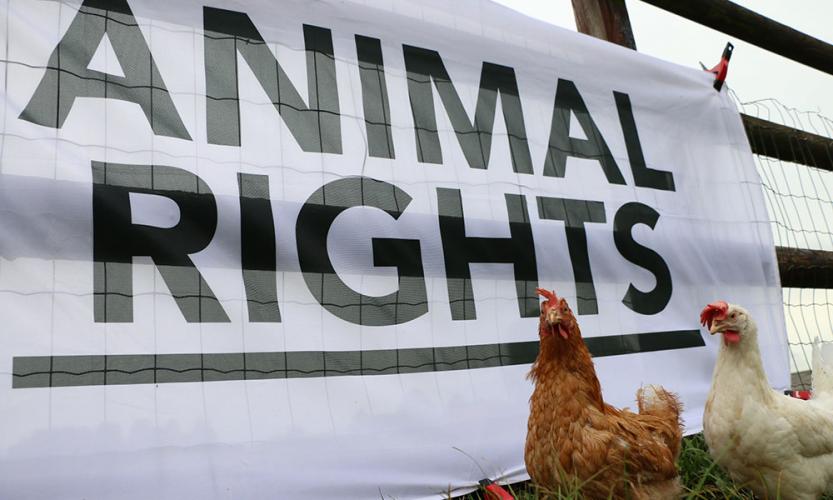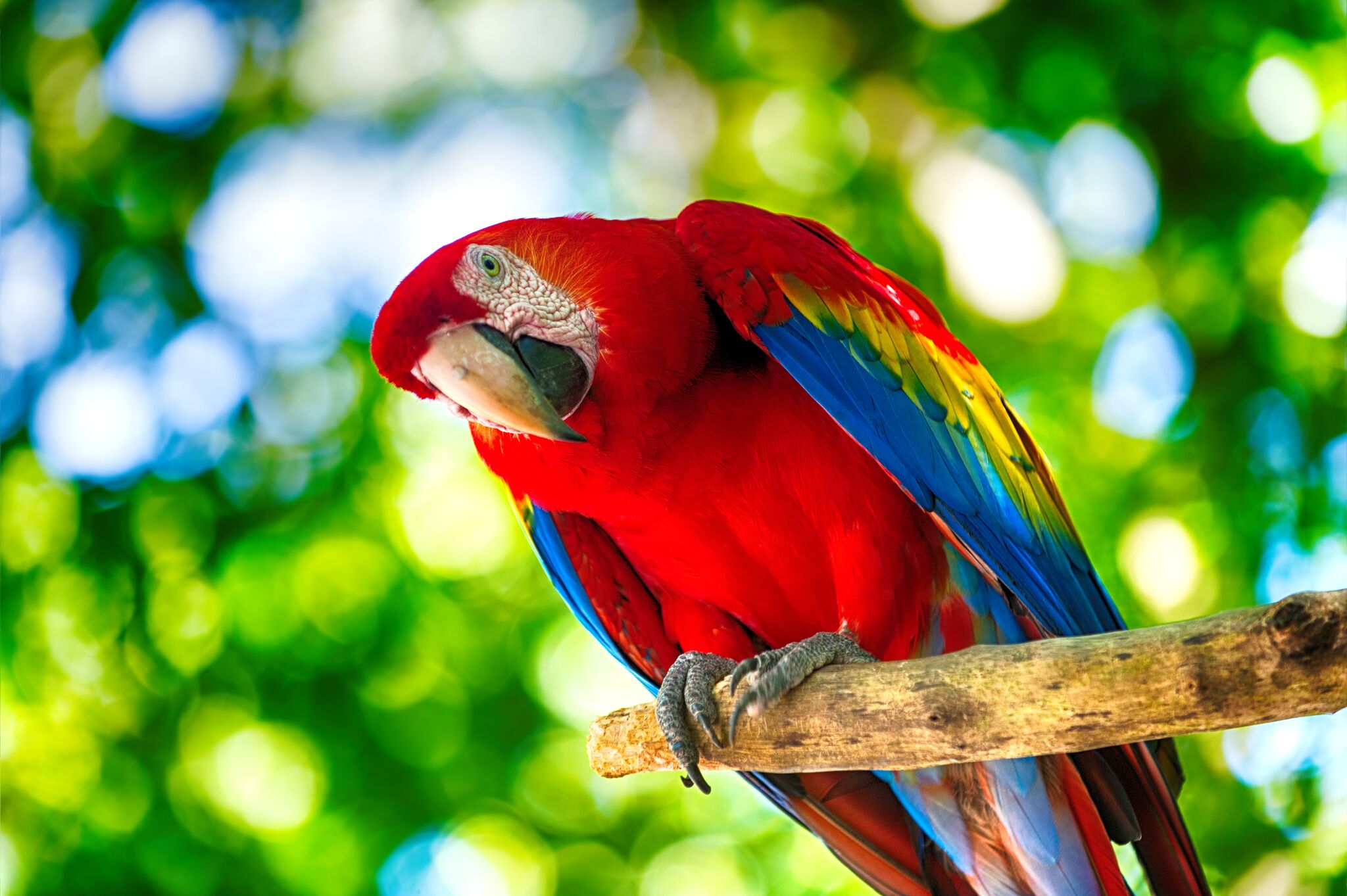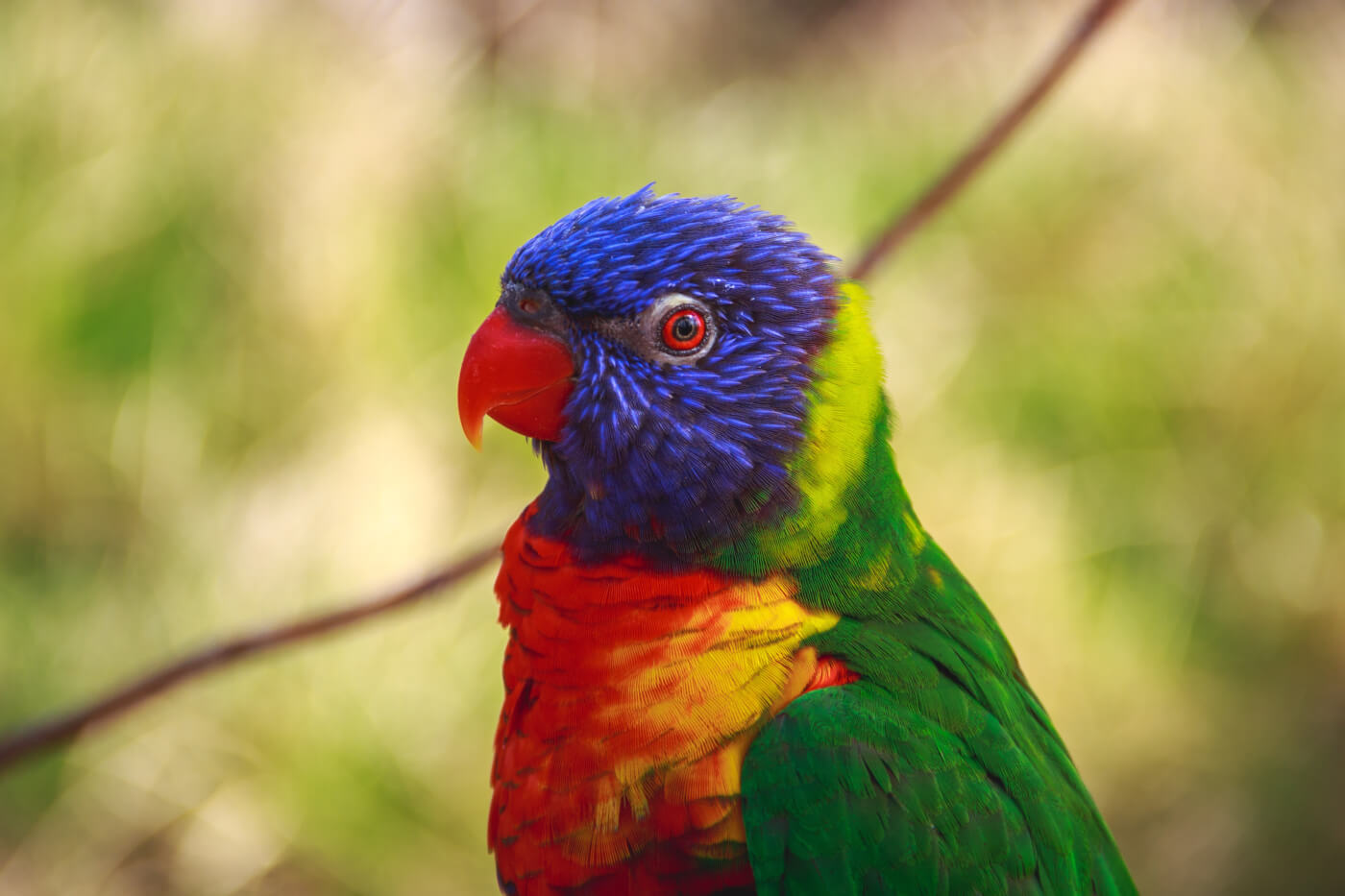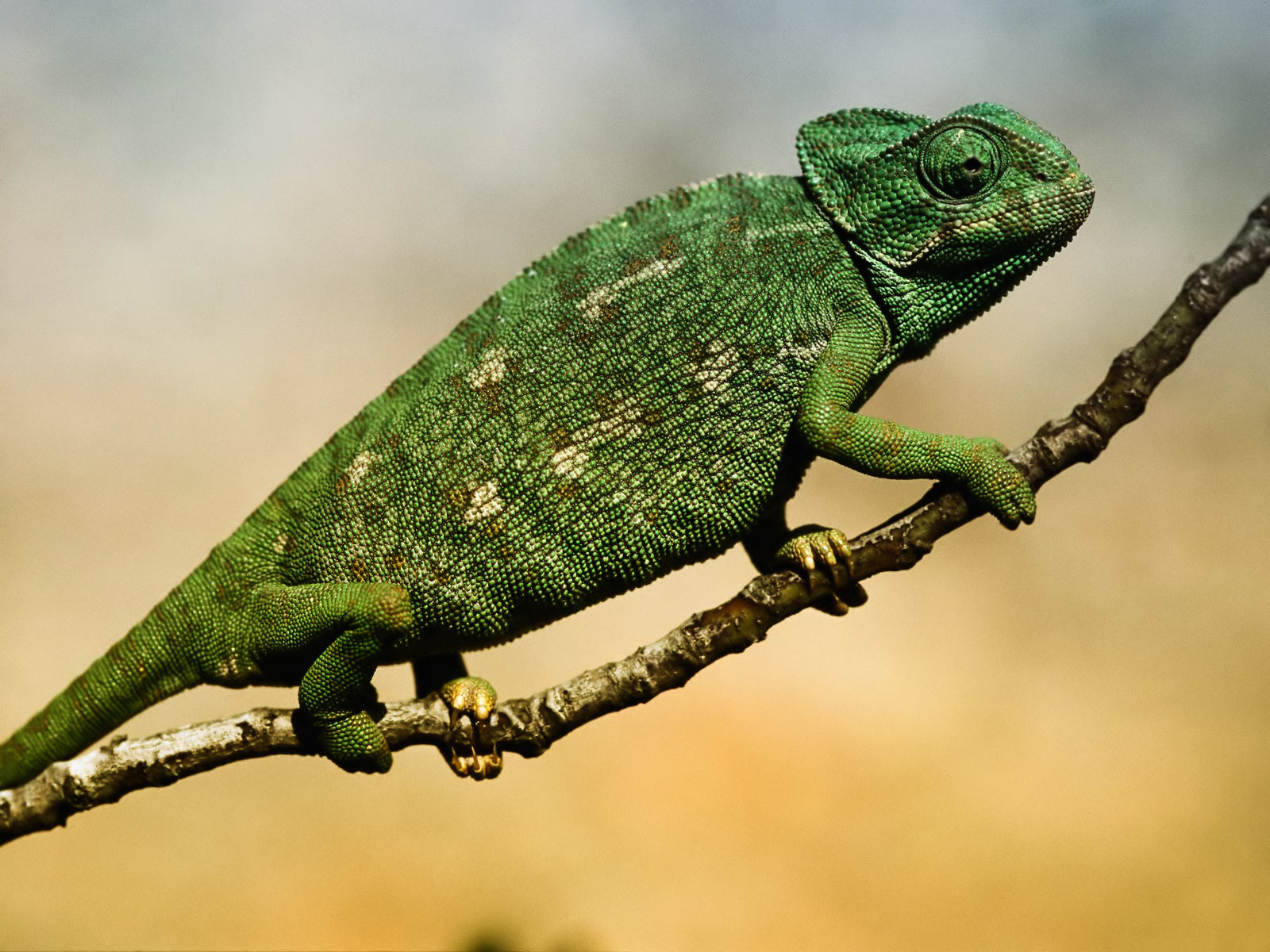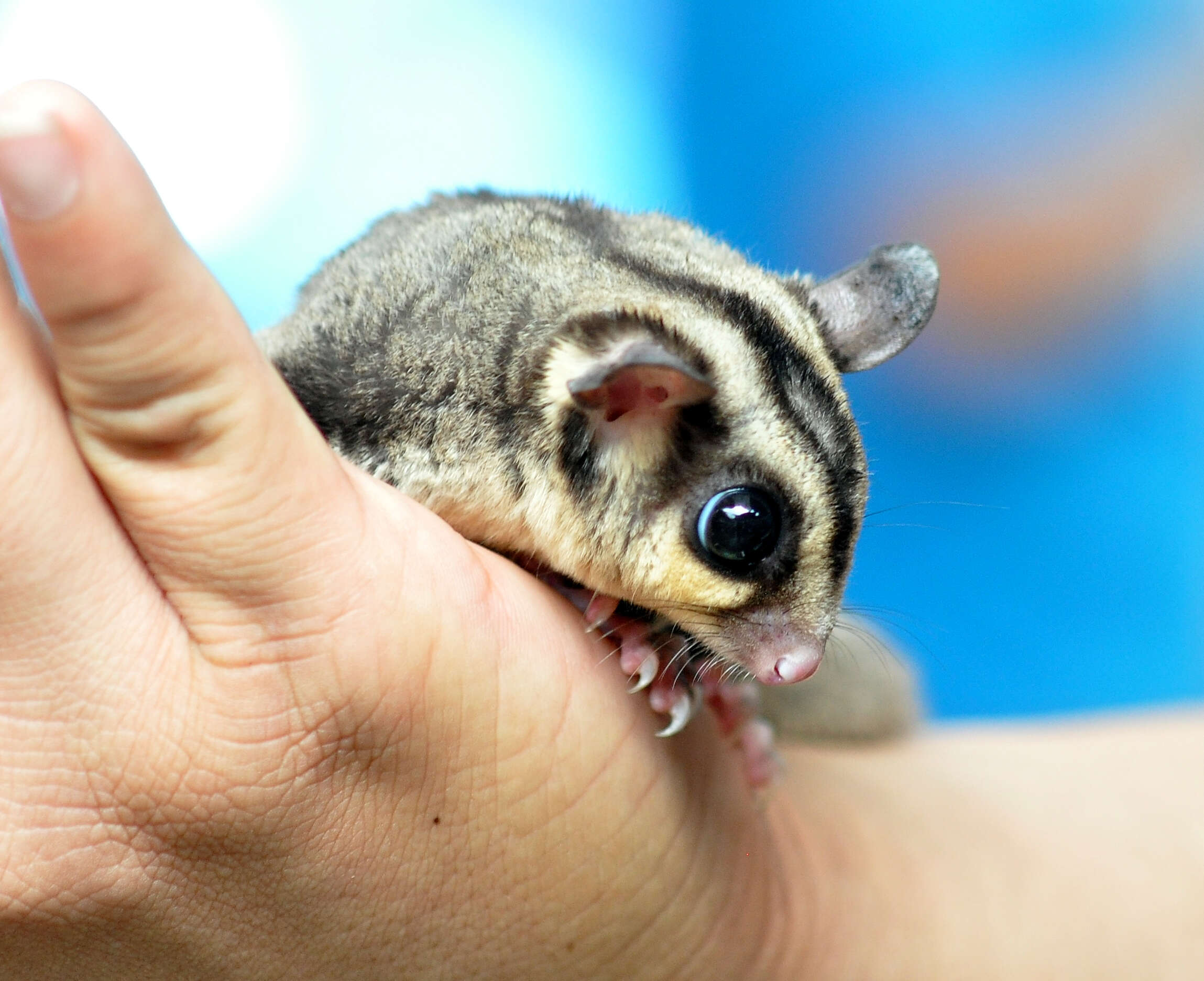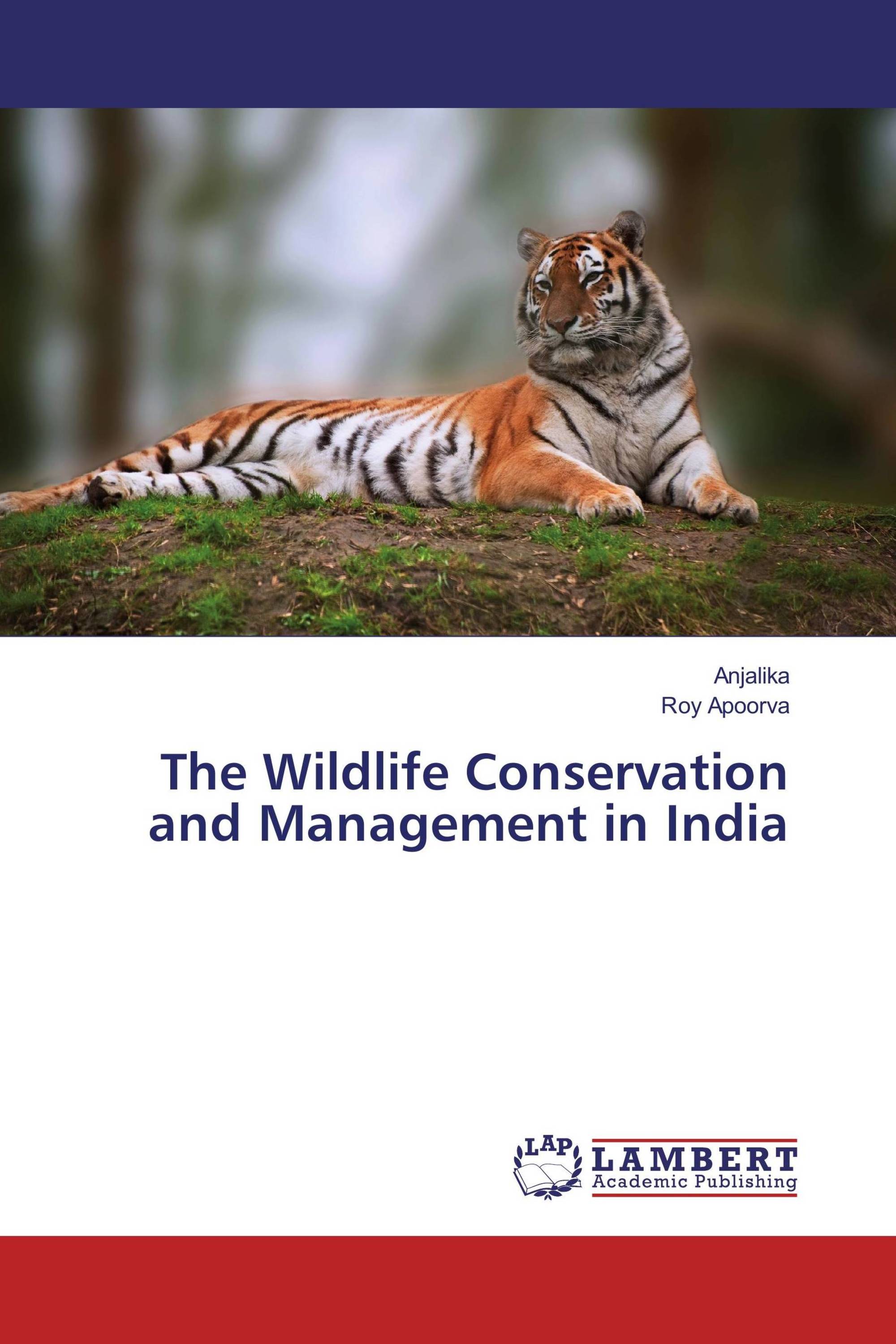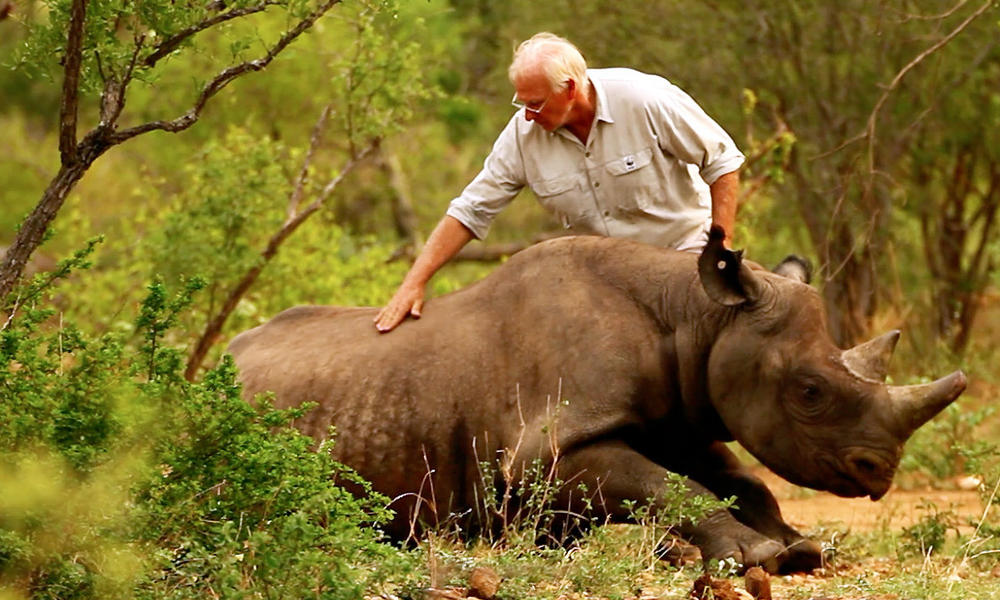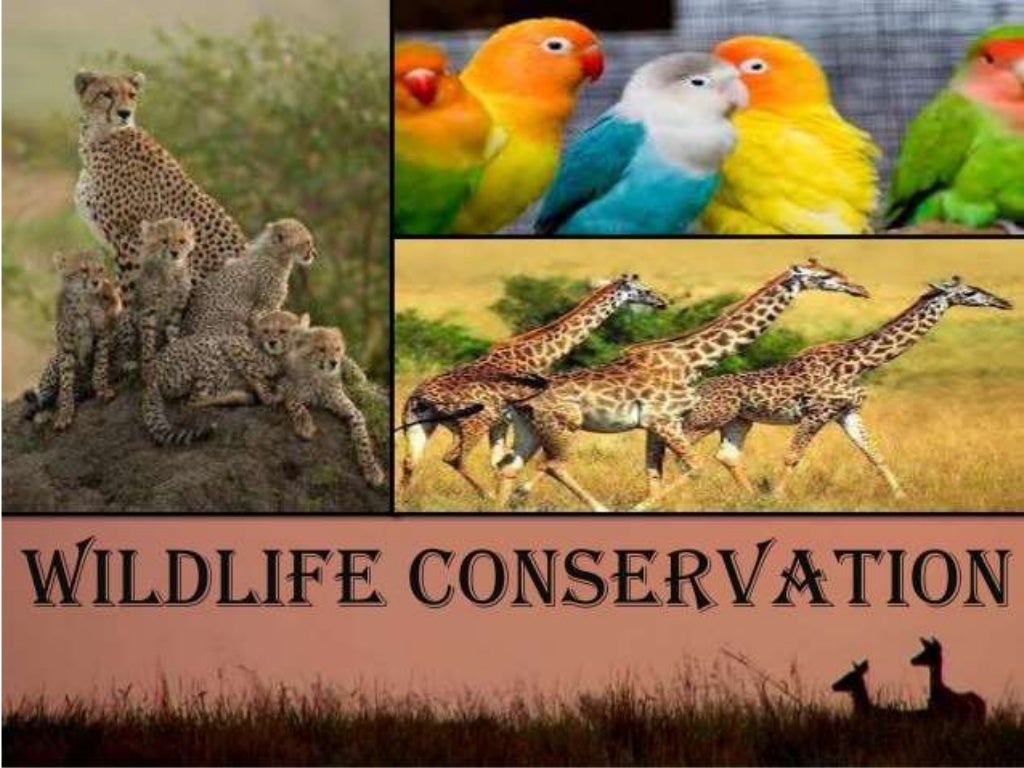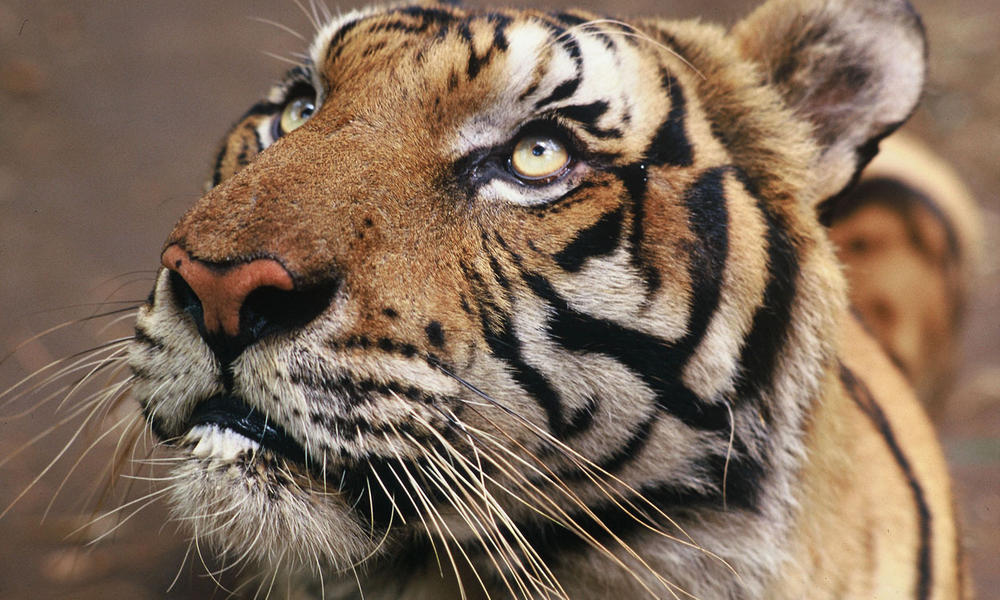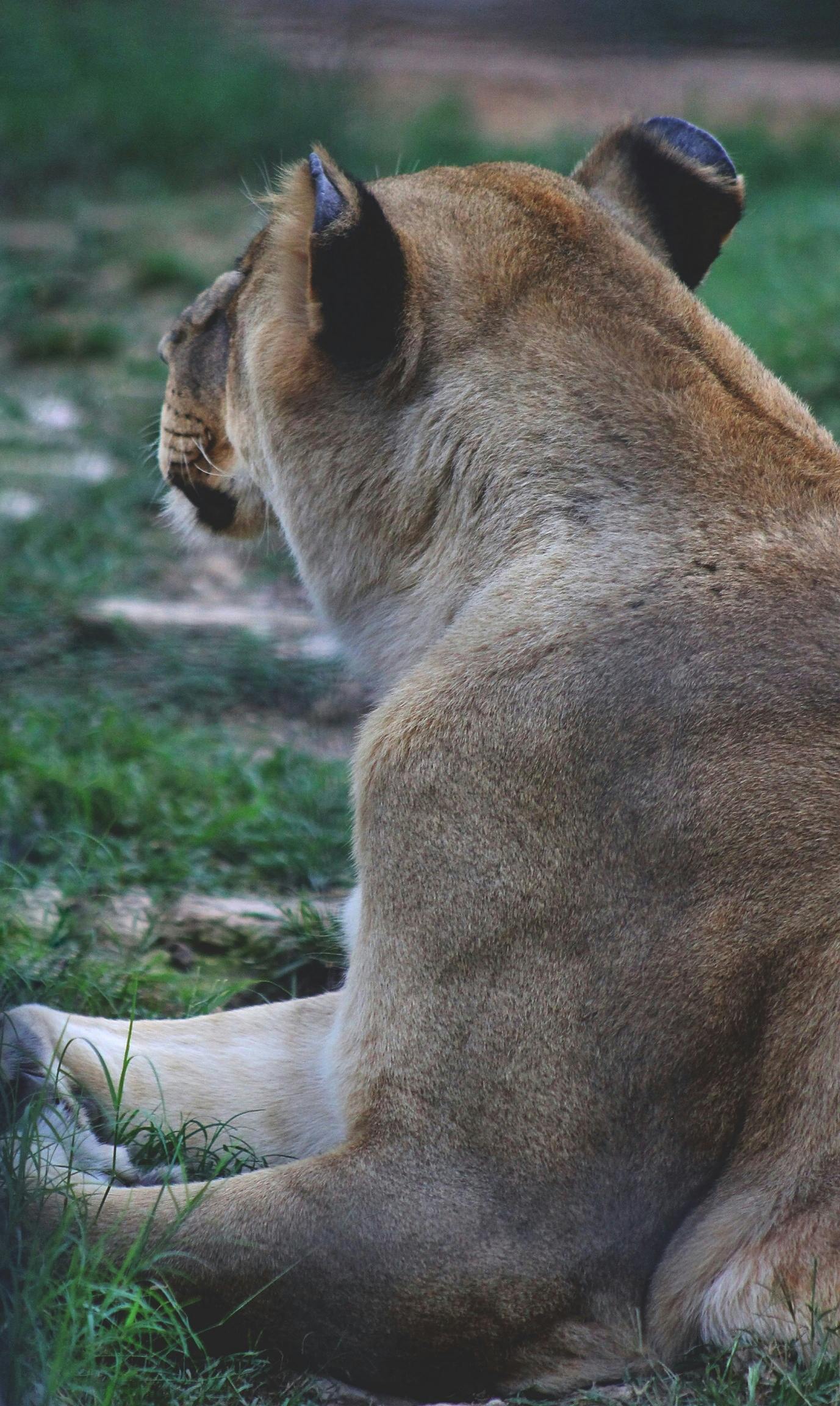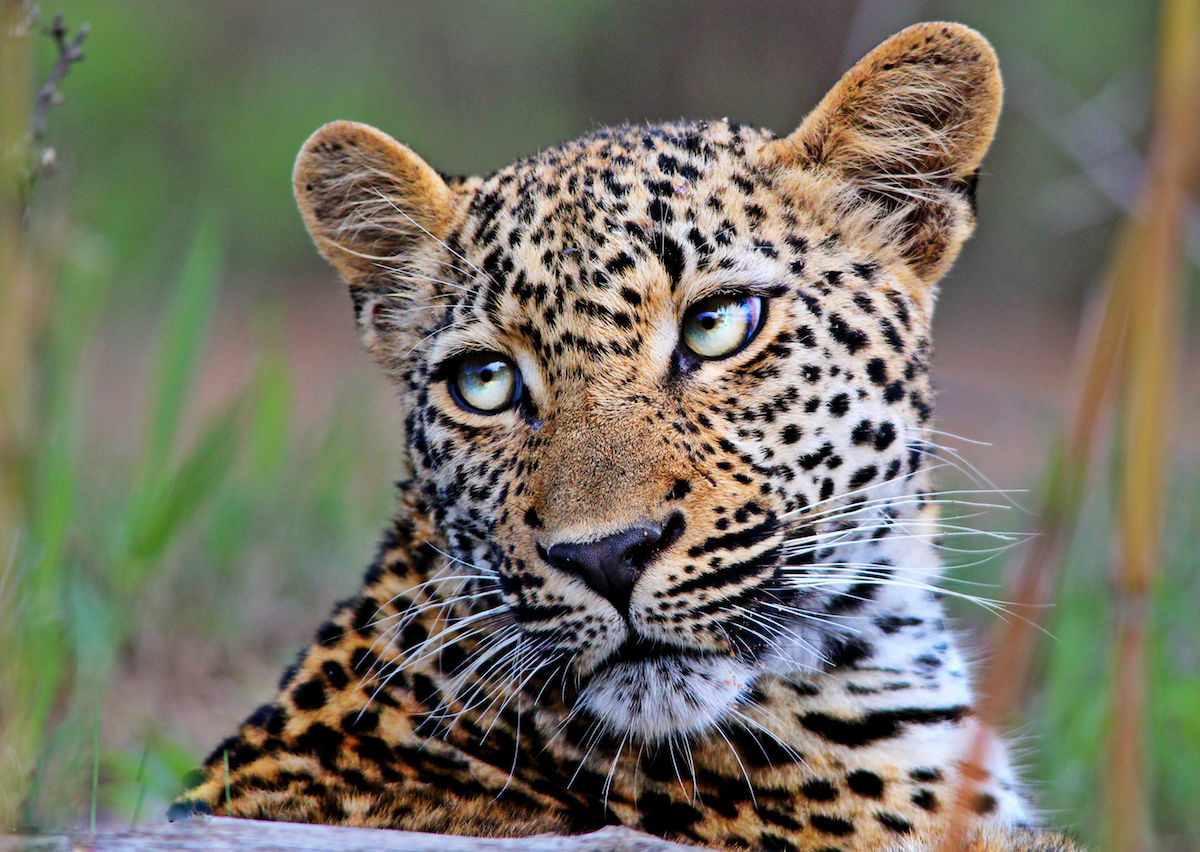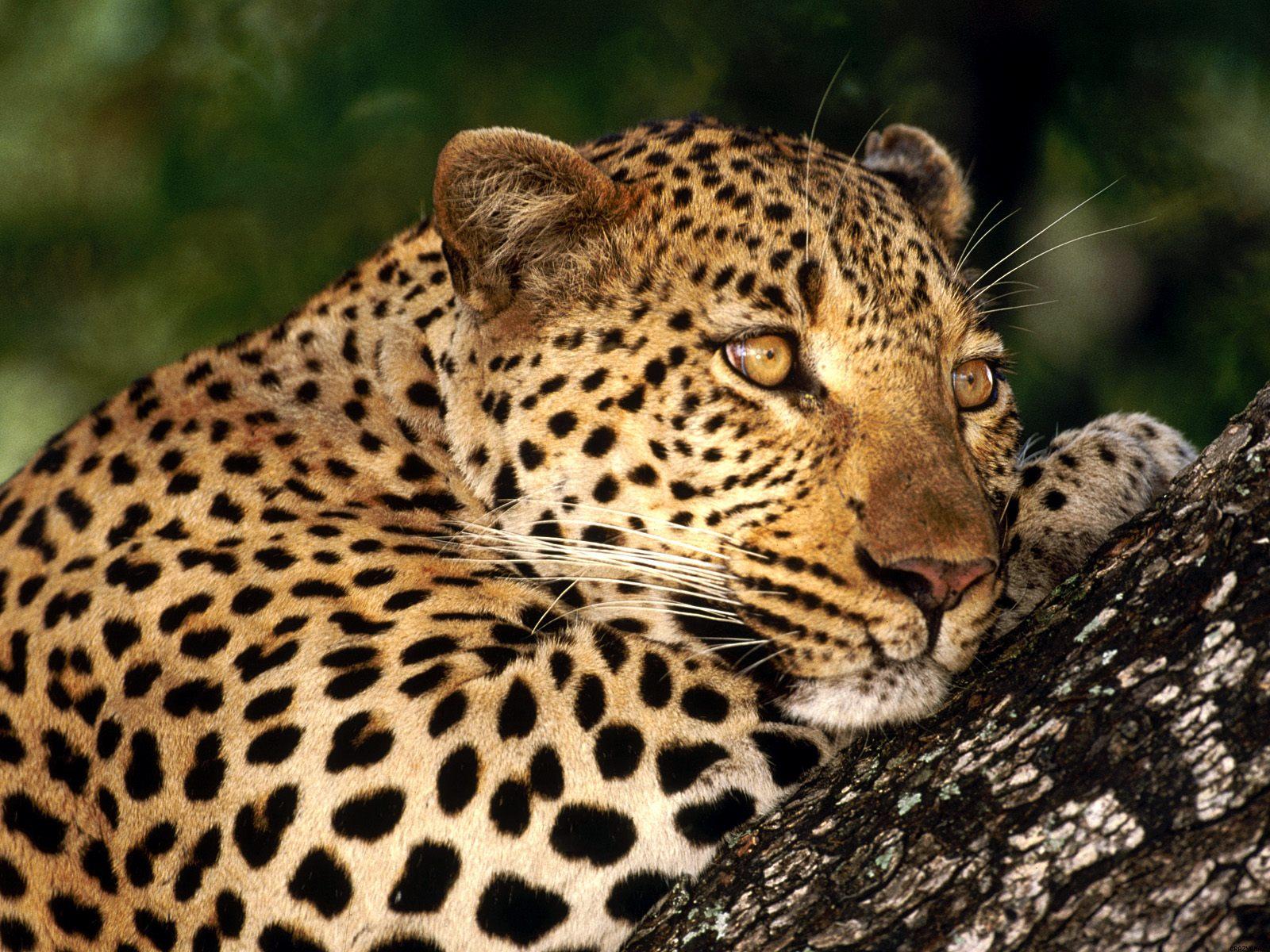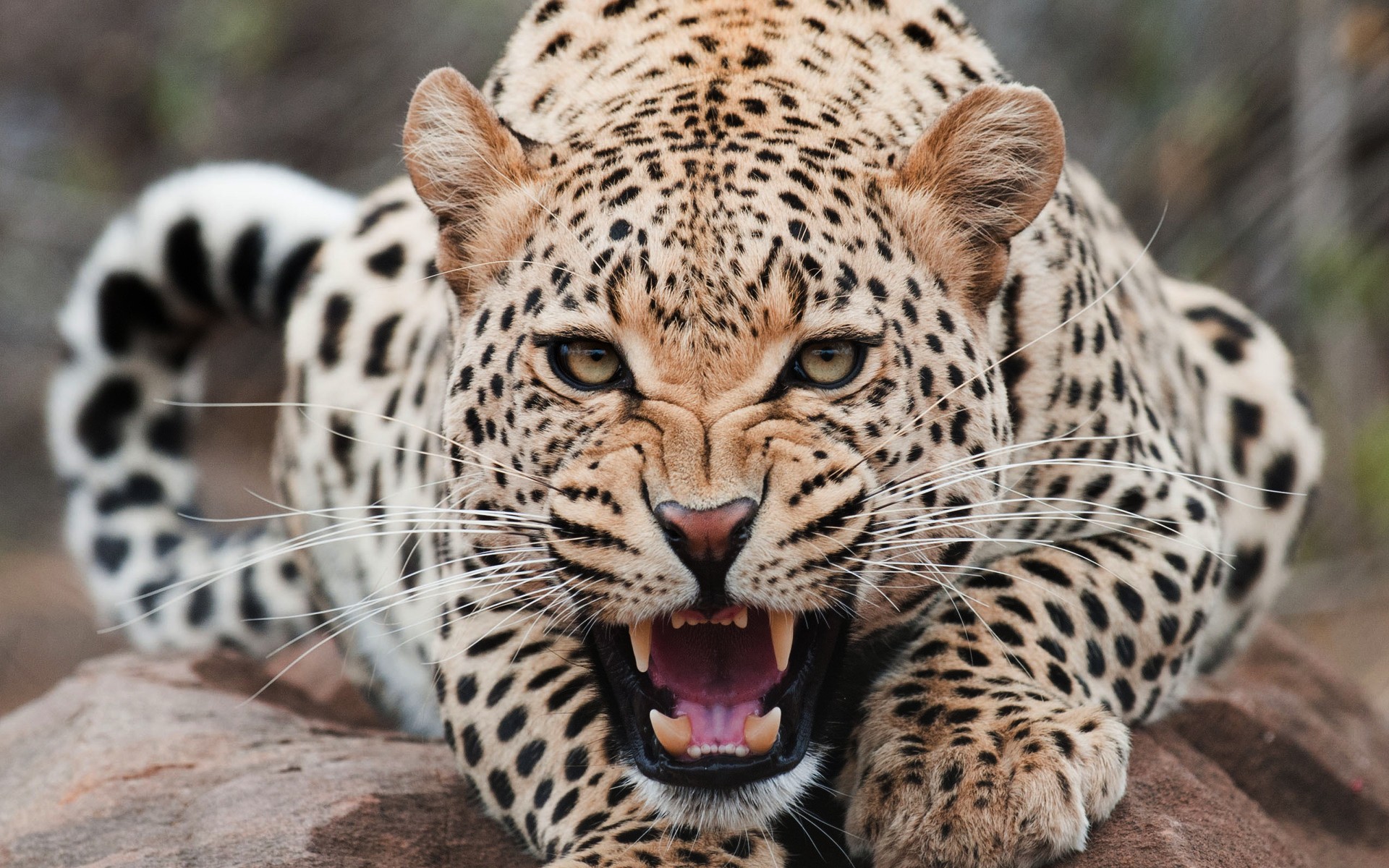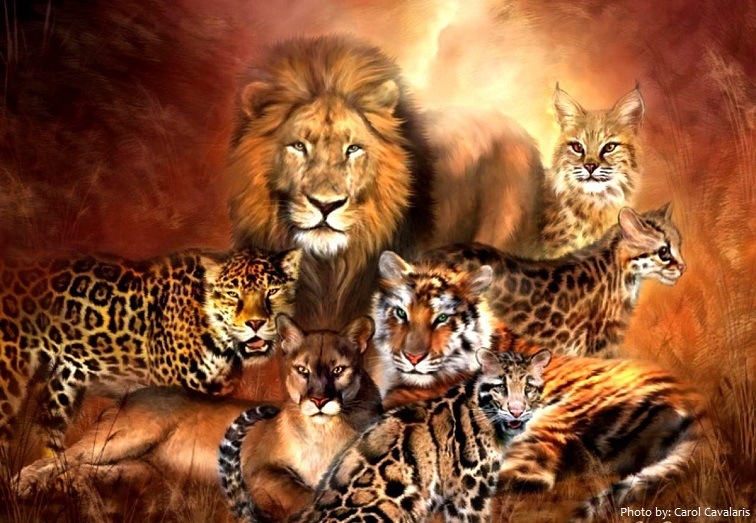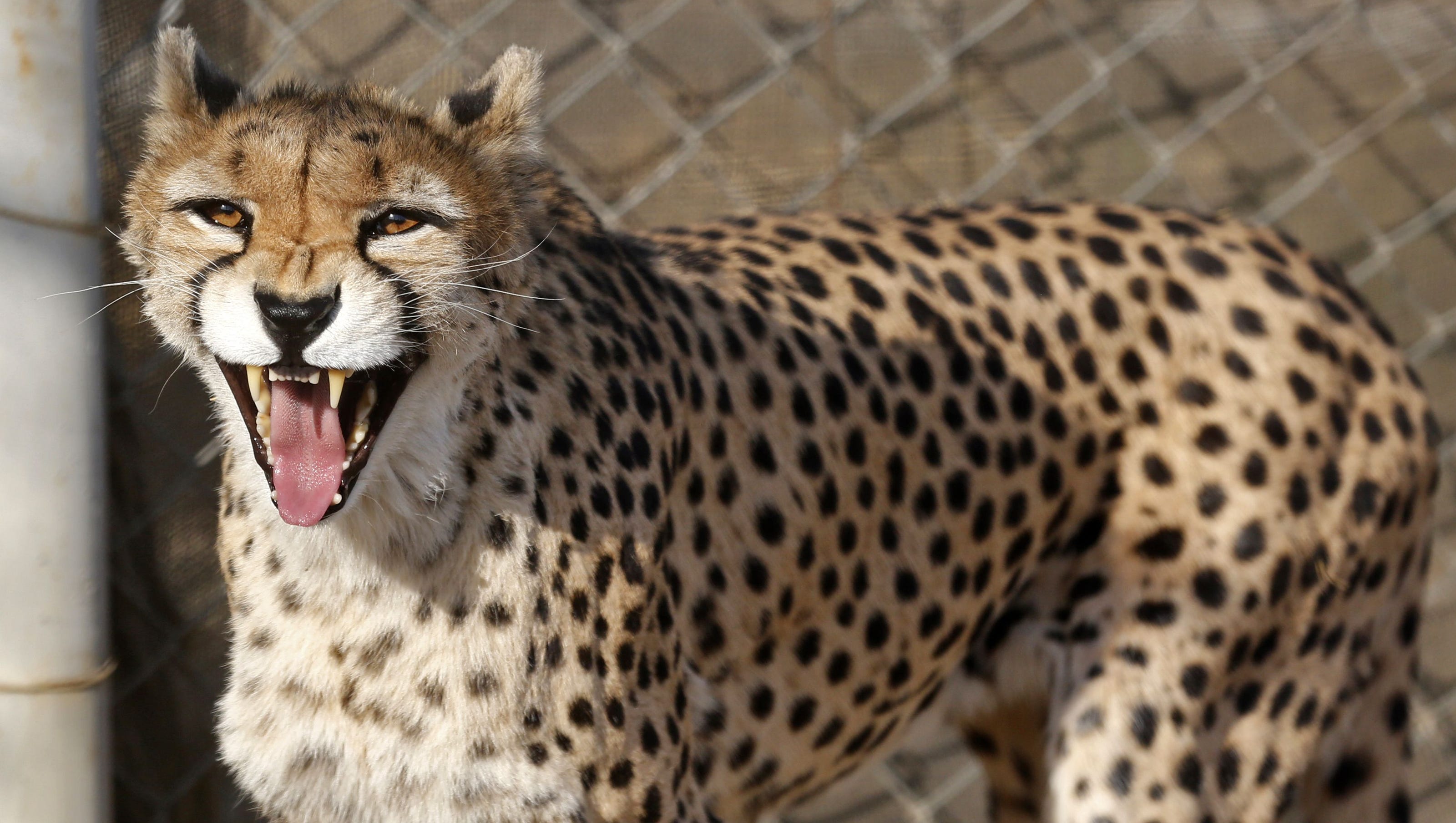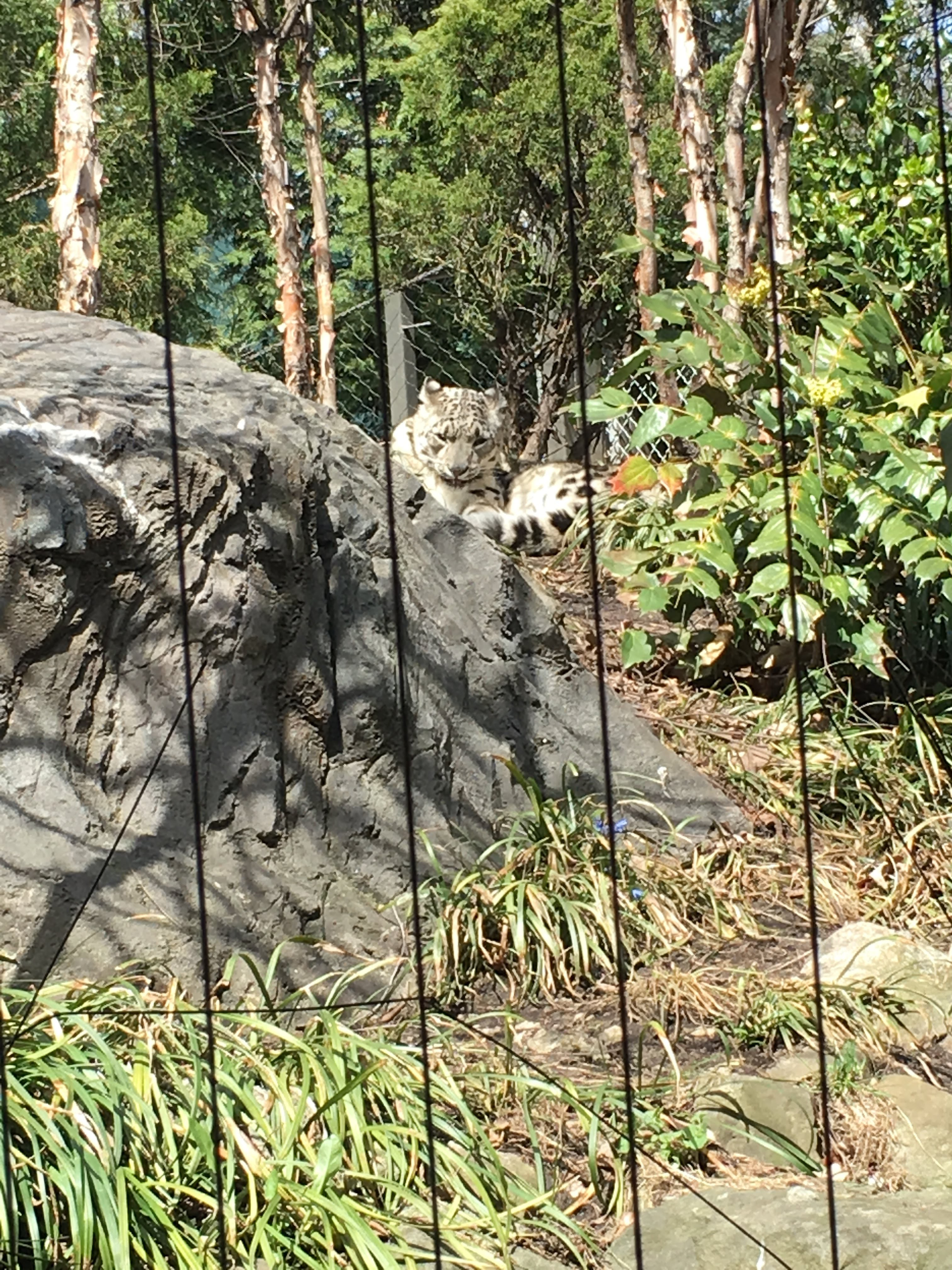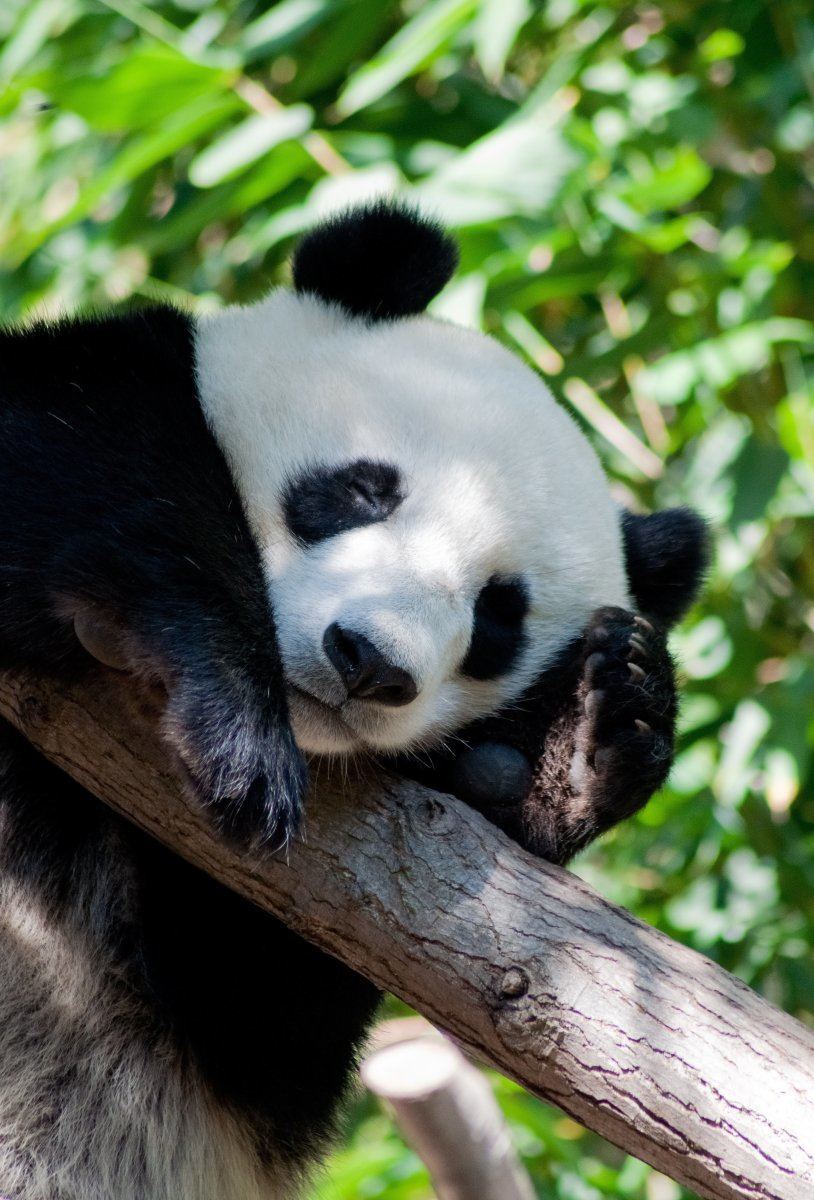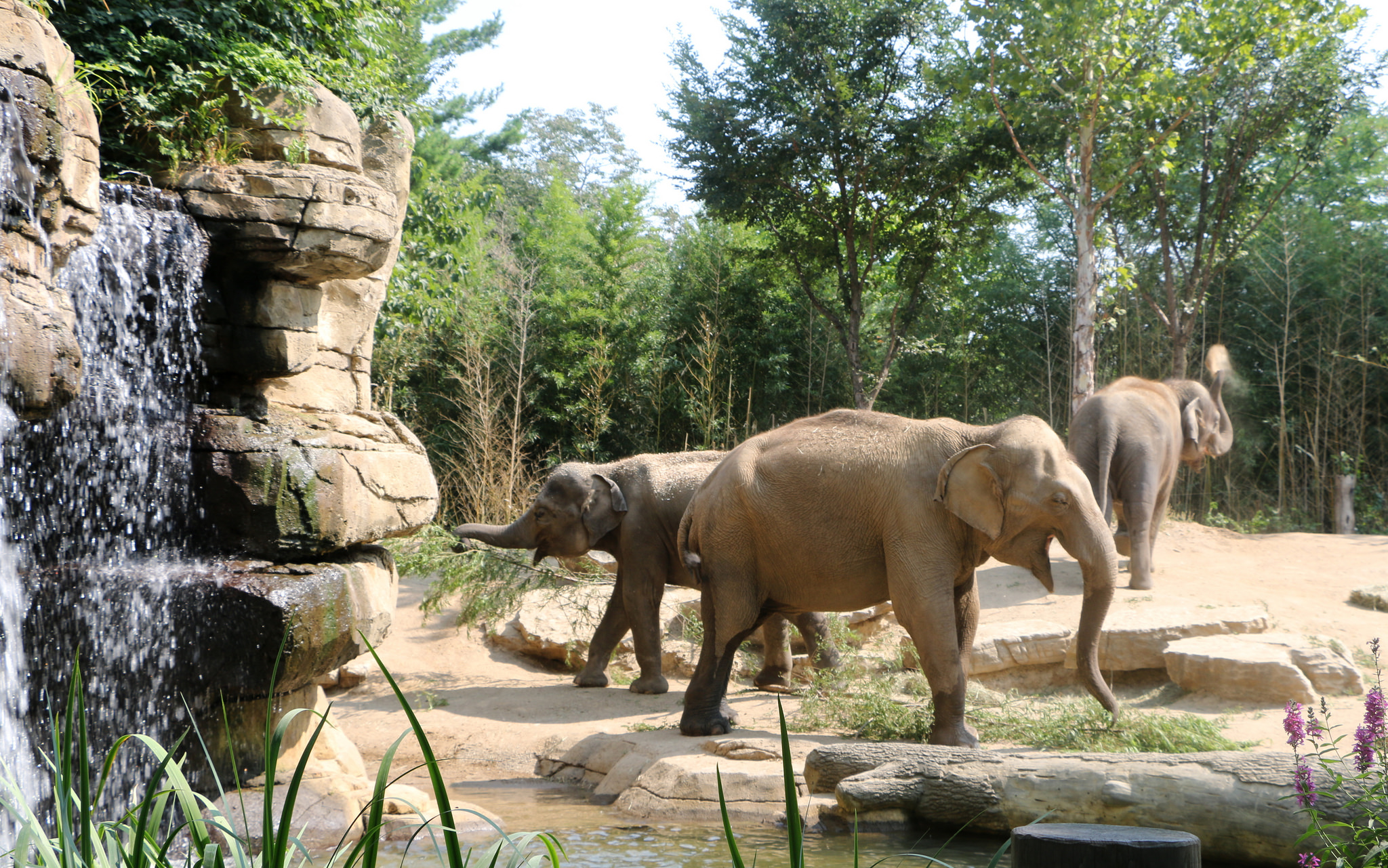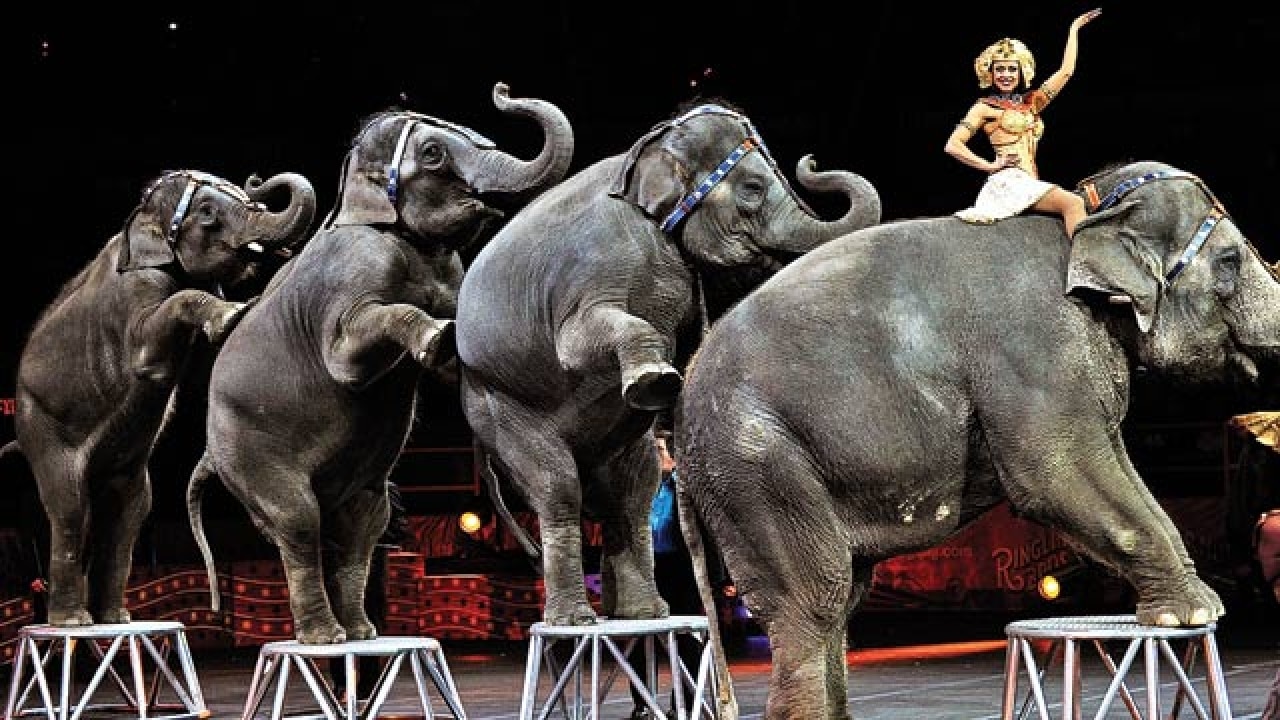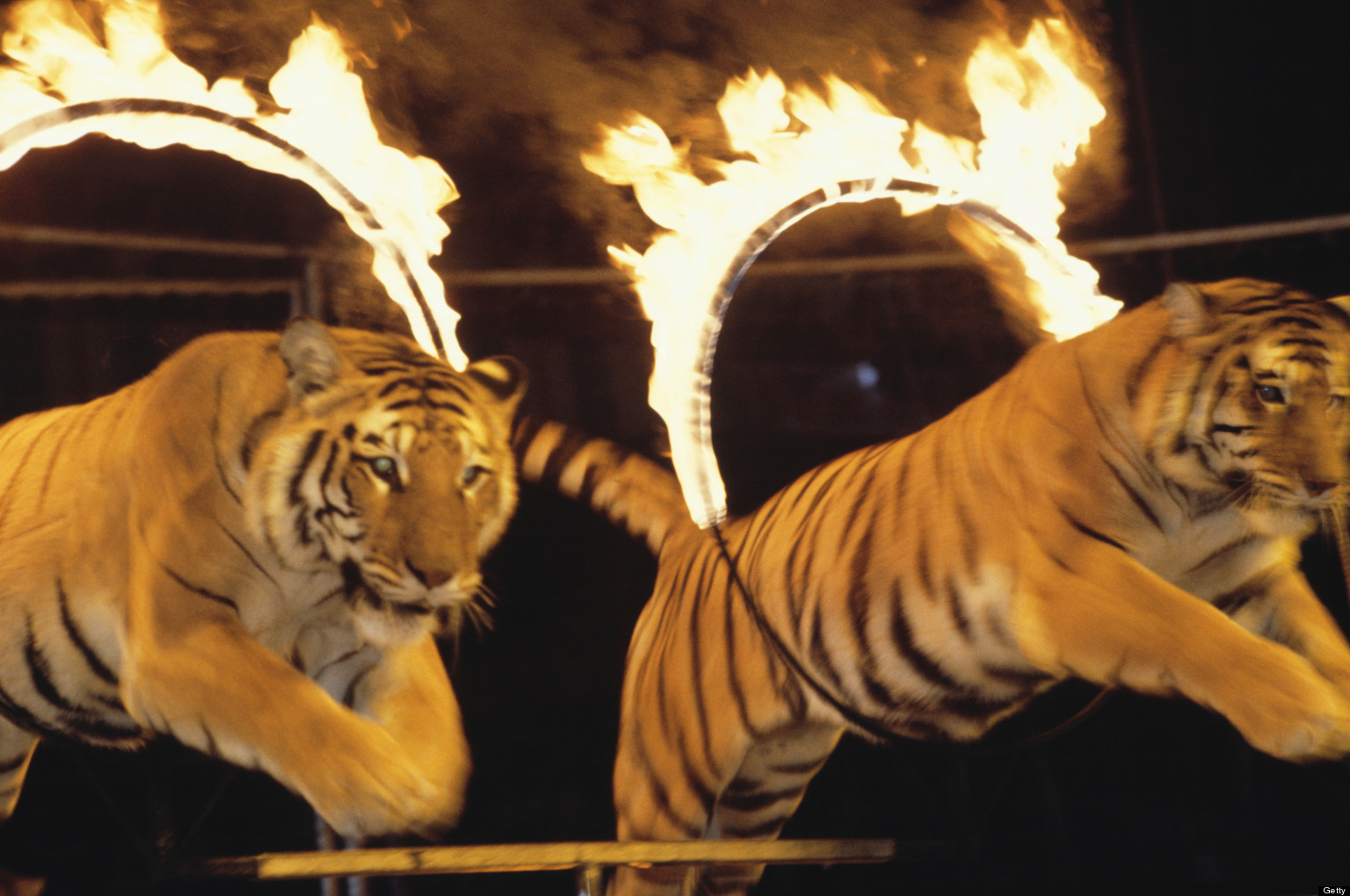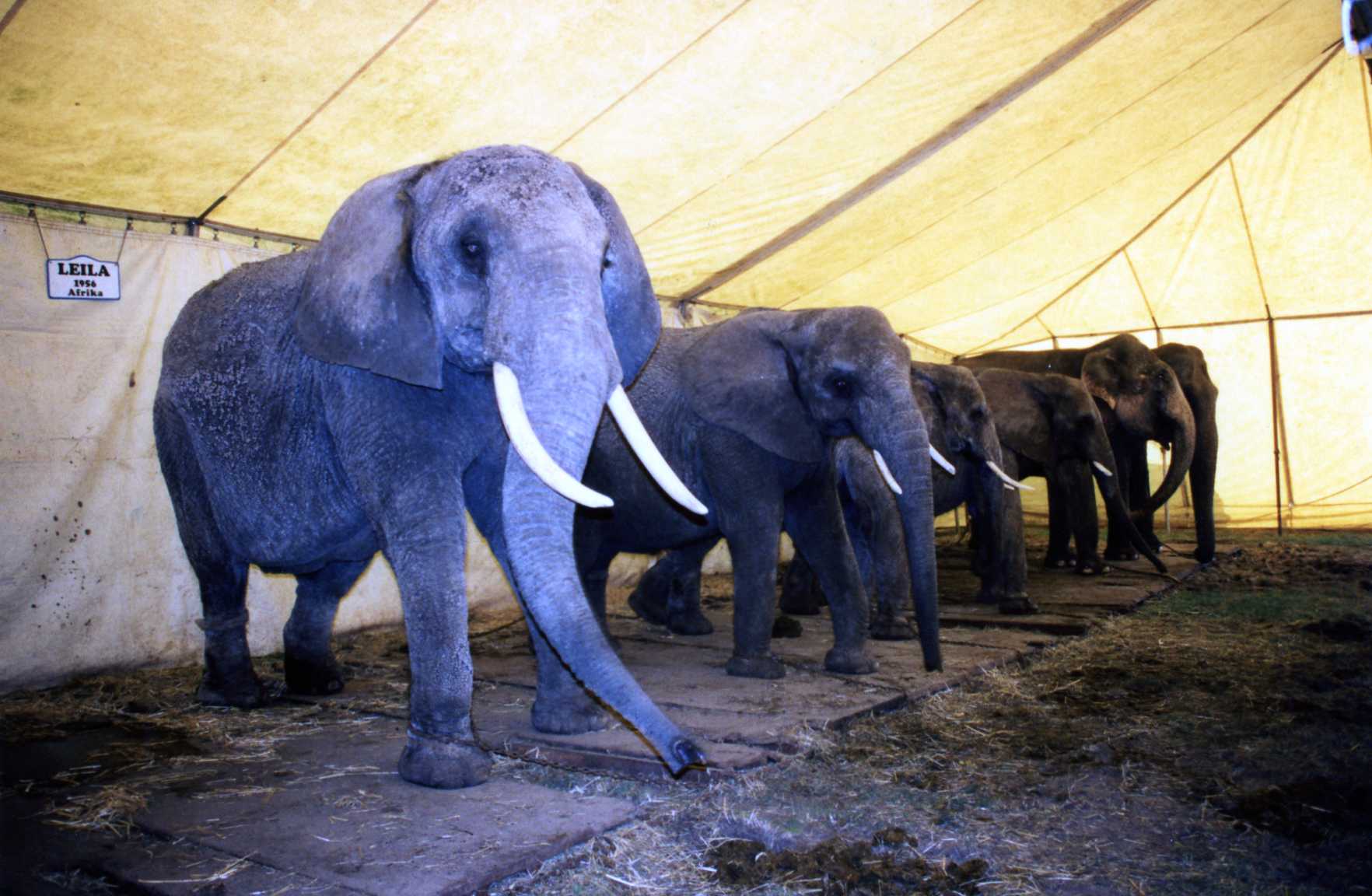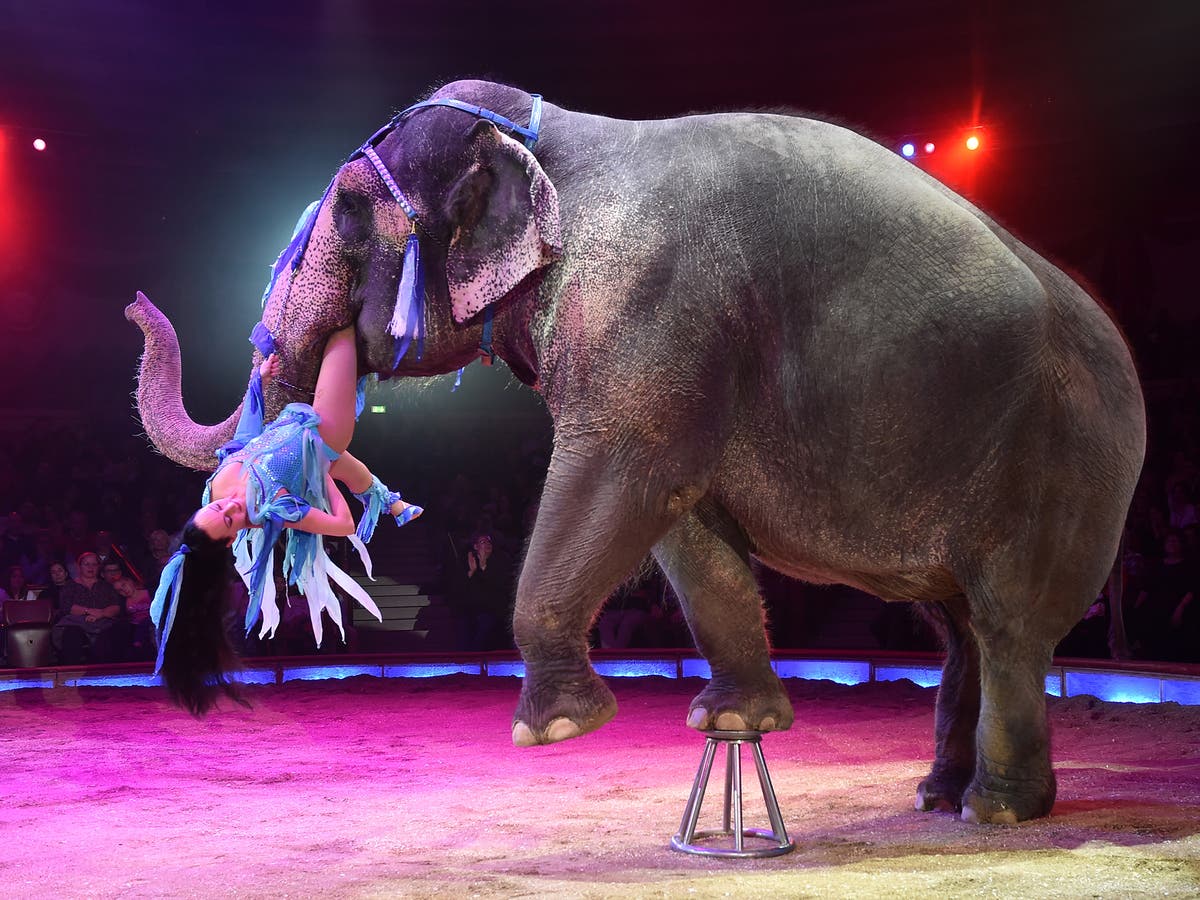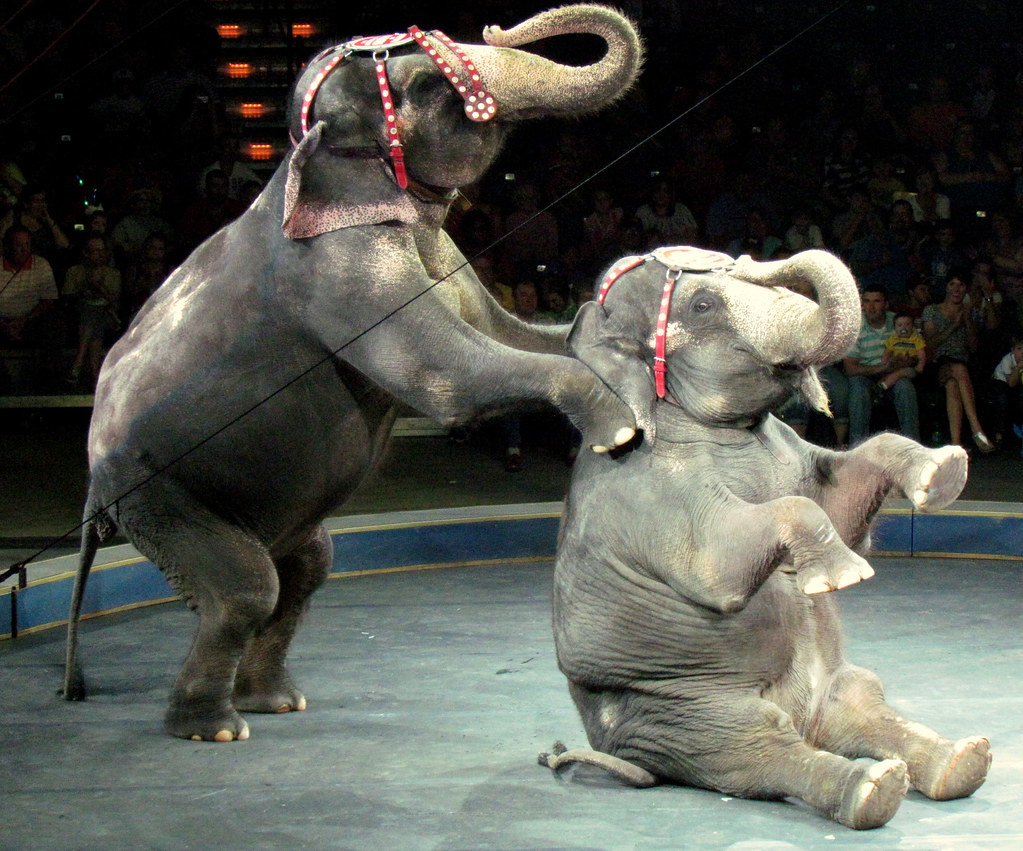Tim Harrison: The Man Behind the Documentary
Tim Harrison is a retired police officer turned animal advocate and filmmaker. He is the creator of the documentary Elephant in the Living Room, which sheds light on the issue of exotic animals being kept as pets in the United States. Harrison’s passion for animals and their well-being has driven him to become a leading voice in the fight for animal rights.
The Eye-Opening Documentary: Elephant in the Living Room
The Elephant in the Living Room documentary has been praised for its powerful message and thought-provoking content. The film follows Harrison as he uncovers the dangers and consequences of keeping exotic animals, such as lions and tigers, as pets. It also highlights the lack of regulations and enforcement surrounding this issue, particularly in the state of Ohio.
Fighting for Animal Rights
Through his documentary and activism, Tim Harrison has become a prominent figure in the fight for animal rights. He has dedicated his life to educating the public about the dangers and cruelty of keeping exotic animals as pets. Harrison believes that all animals, regardless of their size or species, deserve to live in their natural habitats and not be confined to a life of captivity.
The Dark Side of Exotic Animals as Pets
One of the main focuses of the Elephant in the Living Room documentary is the dark side of keeping exotic animals as pets. Harrison exposes the harsh reality of what happens when these animals are no longer cute and manageable. Many of these animals end up being abandoned or euthanized, while others are sold to private collectors or used for entertainment purposes.
Preserving Wildlife: The Importance of Conservation
As a wildlife conservationist, Tim Harrison stresses the importance of preserving natural habitats and protecting endangered species. He believes that by keeping wild animals as pets, we are contributing to their decline in the wild. Harrison advocates for responsible and ethical ways of interacting with wildlife, such as through eco-tourism and conservation efforts.
The Ohio Exotic Animal Ban
Following a tragic incident in 2011 where a man released his private collection of exotic animals in Ohio, resulting in the death of many animals, the state passed an exotic animal ban. This ban made it illegal to own or breed certain exotic animals without a permit. Tim Harrison was one of the leading voices in the push for this ban, and his documentary played a significant role in raising awareness about the issue.
Big Cats and the Circus Industry
One of the most controversial topics in the documentary is the use of big cats, such as lions and tigers, in the circus industry. Harrison exposes the cruel training and living conditions these animals endure, and the dangers posed to both the animals and the public. He advocates for a ban on the use of wild animals in circuses, which has gained momentum in recent years.
The Harsh Reality of Zoos
While zoos are often seen as educational and conservation institutions, the Elephant in the Living Room documentary sheds light on the dark side of zoos. Harrison argues that keeping wild animals in captivity for human entertainment is not ethical and goes against their natural instincts and behaviors. He believes that zoos should focus on true conservation efforts rather than simply displaying animals.
Continuing the Fight for Animal Rights
The impact of Tim Harrison’s documentary and activism has sparked conversations and actions towards protecting exotic animals and their habitats. He continues to speak at events and advocate for animal rights, encouraging others to join the fight. Harrison’s work serves as a reminder that we all have a responsibility to protect and preserve our planet and its inhabitants.
In Conclusion
Tim Harrison’s Elephant in the Living Room documentary is a powerful and eye-opening look into the world of exotic animals kept as pets. Through his work, he has become a leading voice in the fight for animal rights and has raised awareness about the importance of conservation. His passion and dedication serve as an inspiration for us all to do our part in protecting our planet and the creatures that call it home.
A Unique Perspective on House Design: The Tim Harrison Elephant In The Living Room
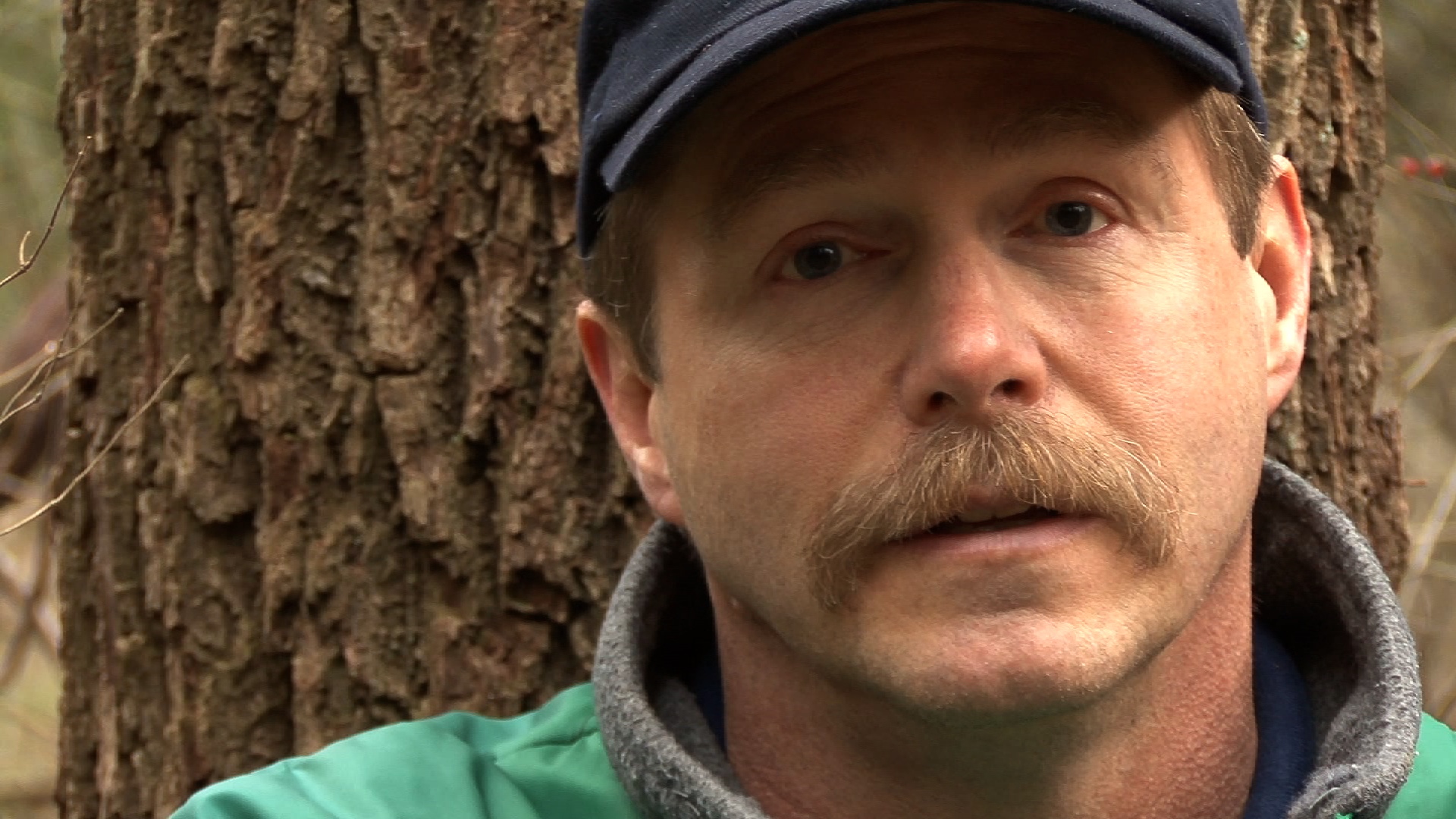
The Importance of Design in Our Homes
 House design
is not just about creating a visually appealing living space, it is about creating a functional and comfortable environment that reflects our individuality. Our homes are a reflection of who we are and how we want to live our lives. Every aspect of
house design
plays a crucial role in shaping the overall experience of living in a house, from the layout and flow of the space to the choice of colors and materials.
As an interior designer, Tim Harrison understands the significance of
house design
and how it can impact our daily lives. He believes that a well-designed house can improve our mood, productivity, and overall well-being. However, Tim takes a unique approach to
house design
by incorporating an element that is often overlooked – the elephant in the room.
House design
is not just about creating a visually appealing living space, it is about creating a functional and comfortable environment that reflects our individuality. Our homes are a reflection of who we are and how we want to live our lives. Every aspect of
house design
plays a crucial role in shaping the overall experience of living in a house, from the layout and flow of the space to the choice of colors and materials.
As an interior designer, Tim Harrison understands the significance of
house design
and how it can impact our daily lives. He believes that a well-designed house can improve our mood, productivity, and overall well-being. However, Tim takes a unique approach to
house design
by incorporating an element that is often overlooked – the elephant in the room.
The Elephant In The Living Room
 The term "elephant in the room" is often used to describe a topic that is difficult or uncomfortable to address. But for Tim Harrison, it is a symbol of
house design
that is often overlooked – the importance of incorporating pieces of art and unique items into our living spaces.
Tim believes that these "elephants" add character and personality to a home, making it truly unique and reflective of its owners. Whether it is a sculpture, painting, or even a piece of furniture, these objects can make a statement and serve as a conversation starter. They also add a sense of warmth and individuality to a space, making it feel more like a home rather than just a house.
The term "elephant in the room" is often used to describe a topic that is difficult or uncomfortable to address. But for Tim Harrison, it is a symbol of
house design
that is often overlooked – the importance of incorporating pieces of art and unique items into our living spaces.
Tim believes that these "elephants" add character and personality to a home, making it truly unique and reflective of its owners. Whether it is a sculpture, painting, or even a piece of furniture, these objects can make a statement and serve as a conversation starter. They also add a sense of warmth and individuality to a space, making it feel more like a home rather than just a house.
The Tim Harrison Approach
 Tim Harrison's approach to
house design
is not about following trends or creating a cookie-cutter look. Instead, he focuses on understanding his clients' lifestyles, interests, and personal style to create a space that truly reflects them. By incorporating unique and unexpected elements, such as the "elephant in the room," Tim creates a one-of-a-kind design that not only looks aesthetically pleasing but also feels like home.
In conclusion,
house design
is not just about following a set of rules, it is about creating a space that is a true reflection of ourselves. By incorporating elements that are often overlooked, like the "elephant in the room," Tim Harrison adds a touch of personality and charm to his designs, making them stand out in a sea of cookie-cutter homes.
Tim Harrison's approach to
house design
is not about following trends or creating a cookie-cutter look. Instead, he focuses on understanding his clients' lifestyles, interests, and personal style to create a space that truly reflects them. By incorporating unique and unexpected elements, such as the "elephant in the room," Tim creates a one-of-a-kind design that not only looks aesthetically pleasing but also feels like home.
In conclusion,
house design
is not just about following a set of rules, it is about creating a space that is a true reflection of ourselves. By incorporating elements that are often overlooked, like the "elephant in the room," Tim Harrison adds a touch of personality and charm to his designs, making them stand out in a sea of cookie-cutter homes.













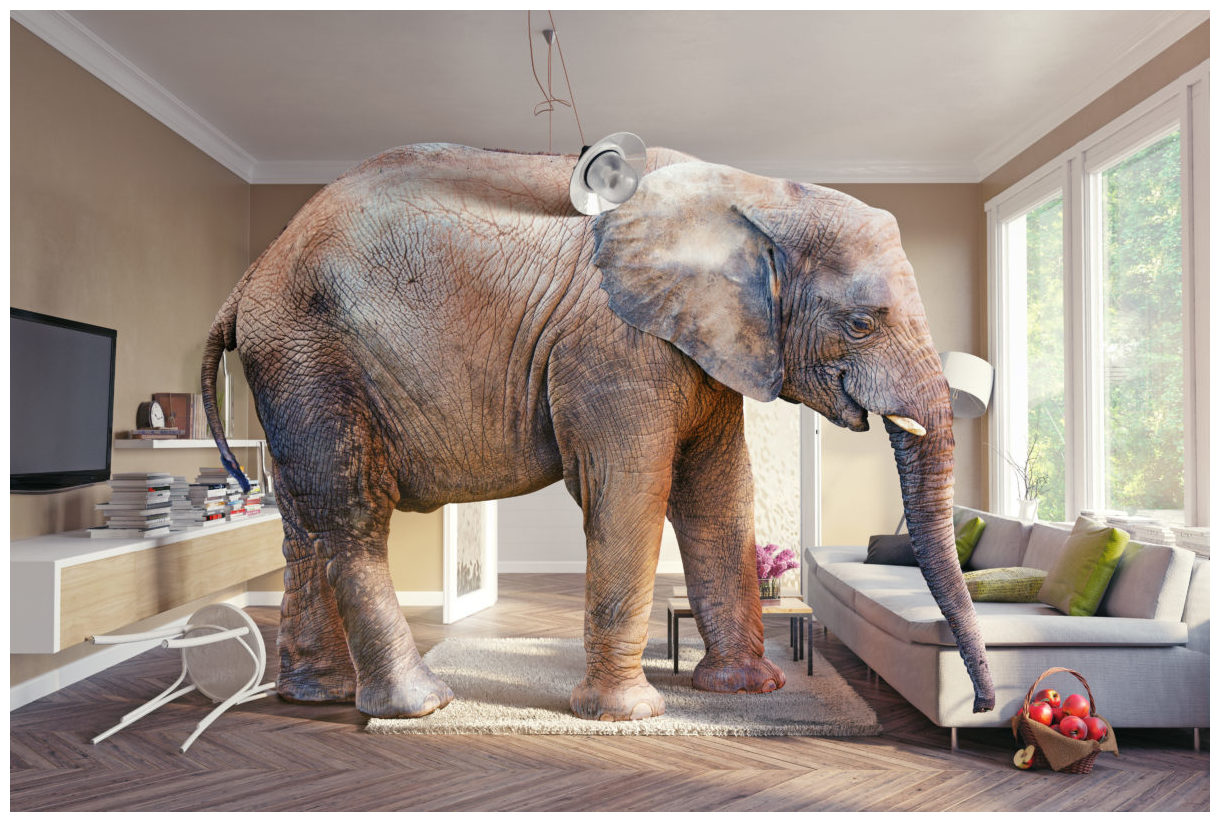
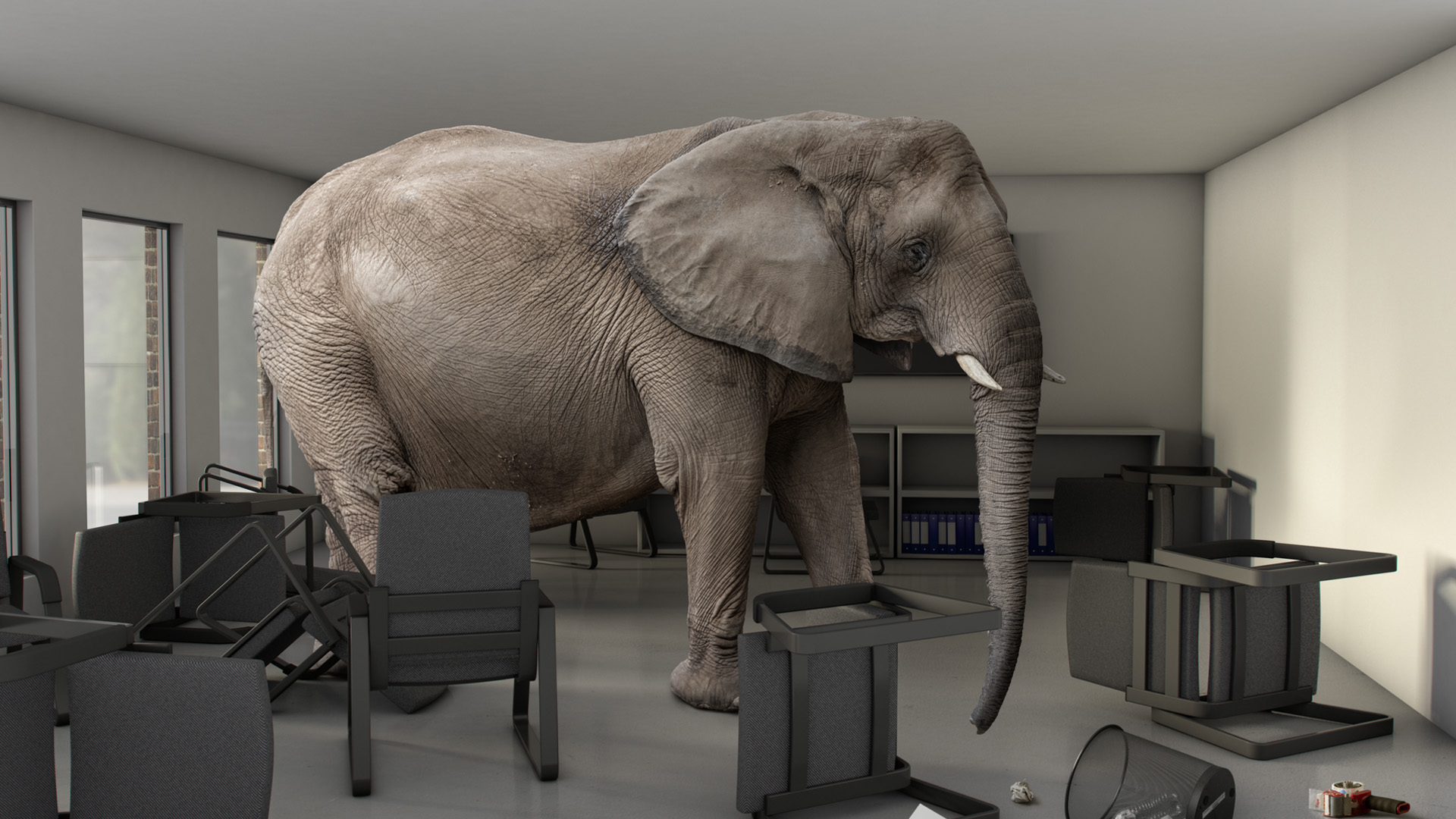
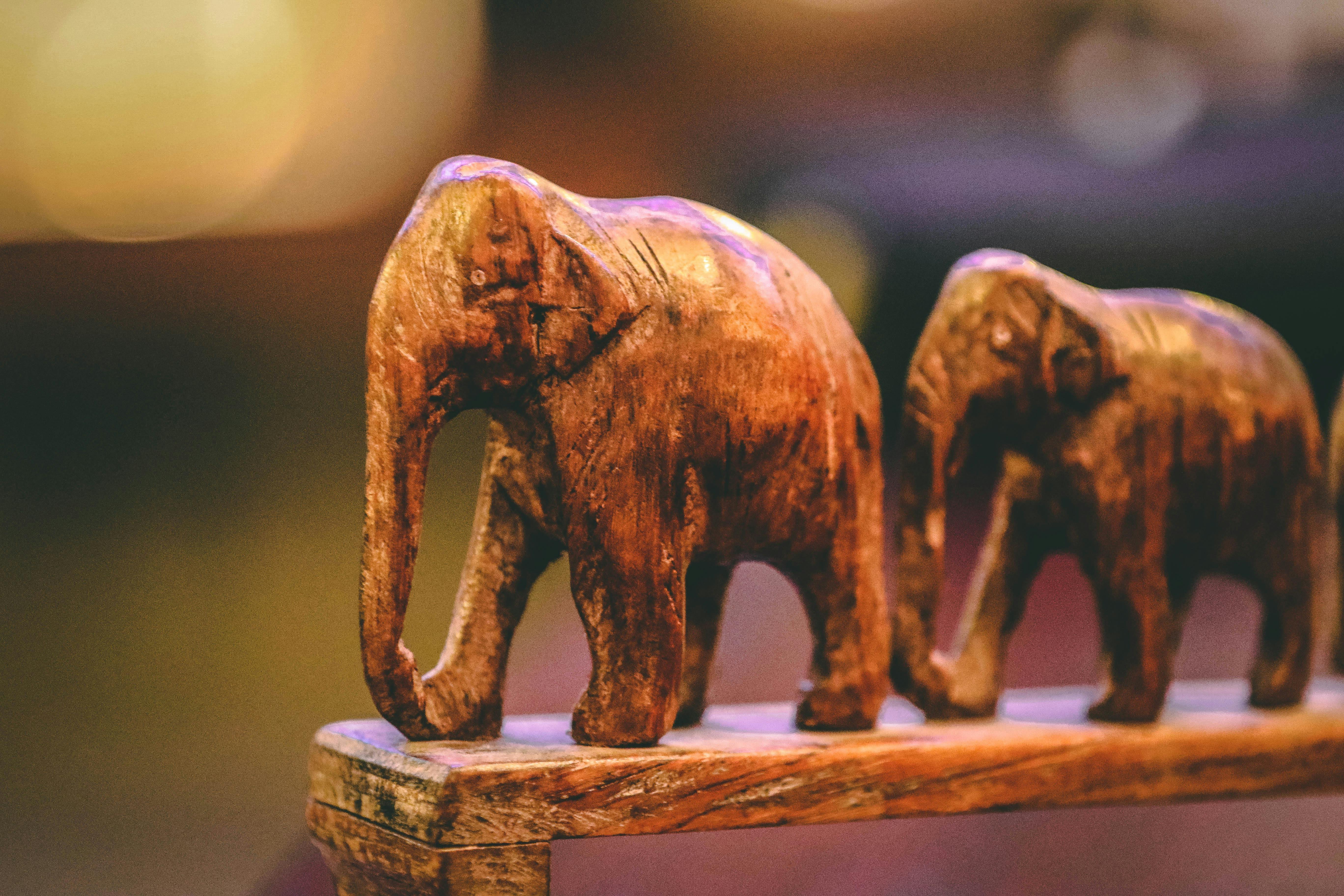
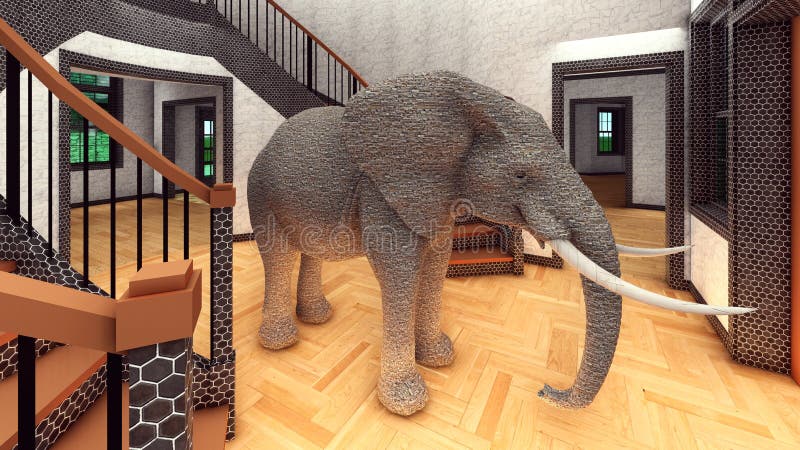
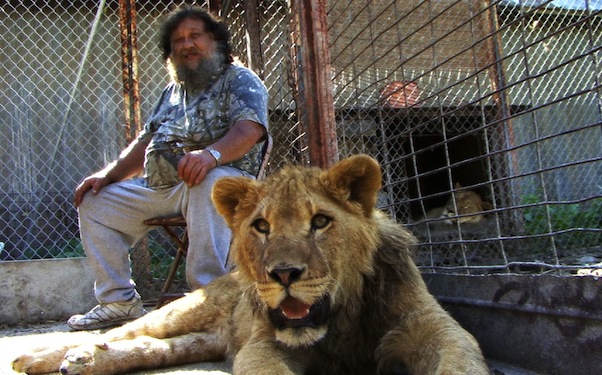



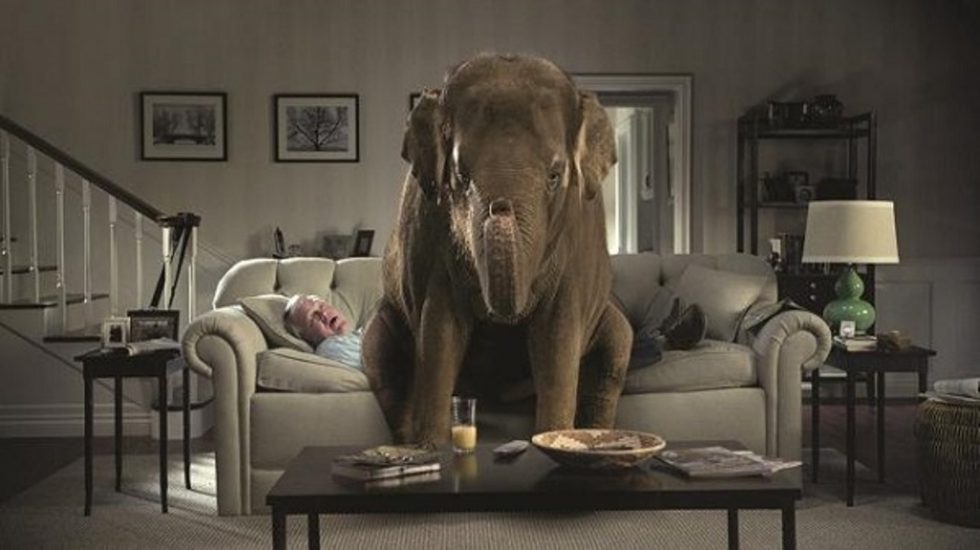

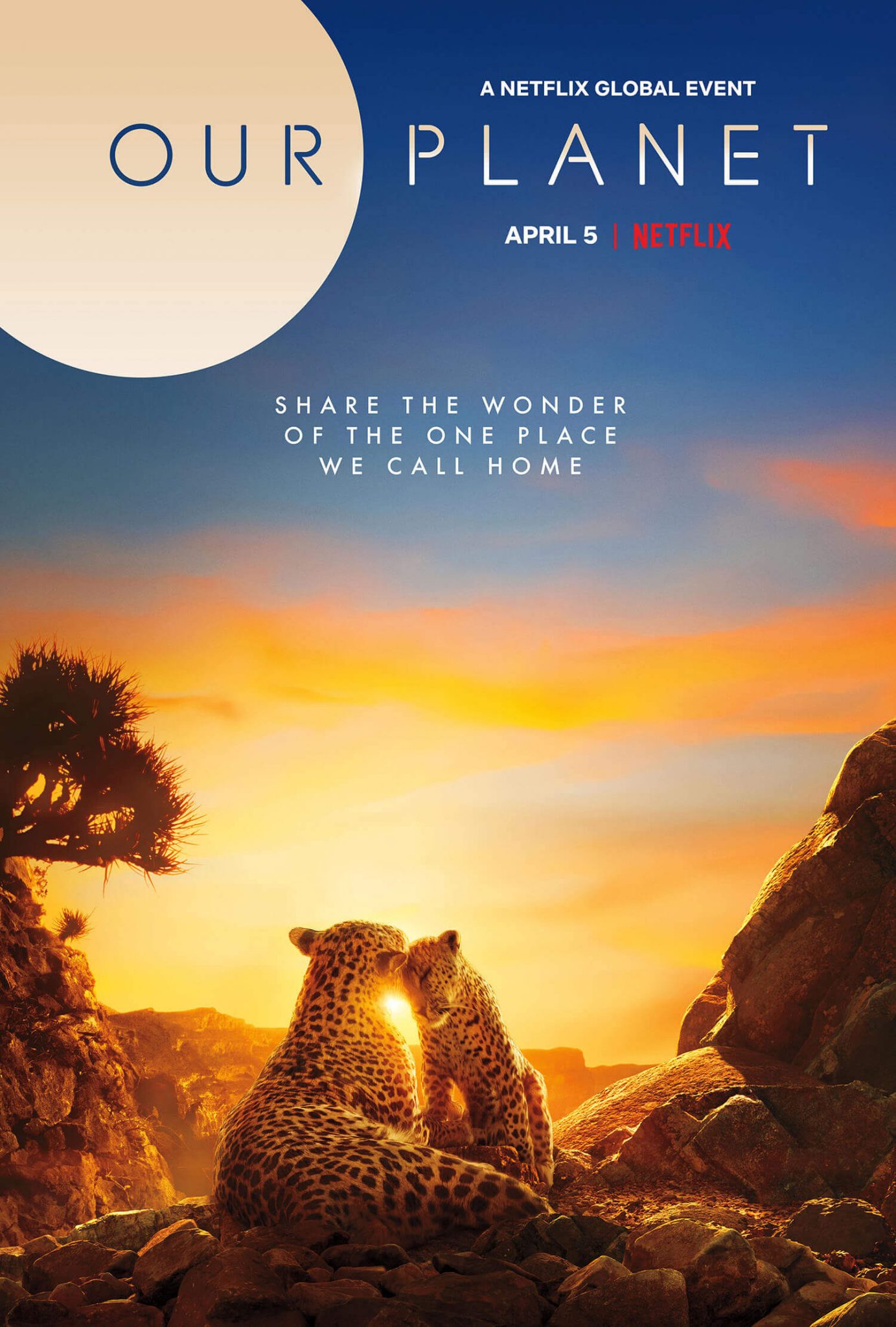
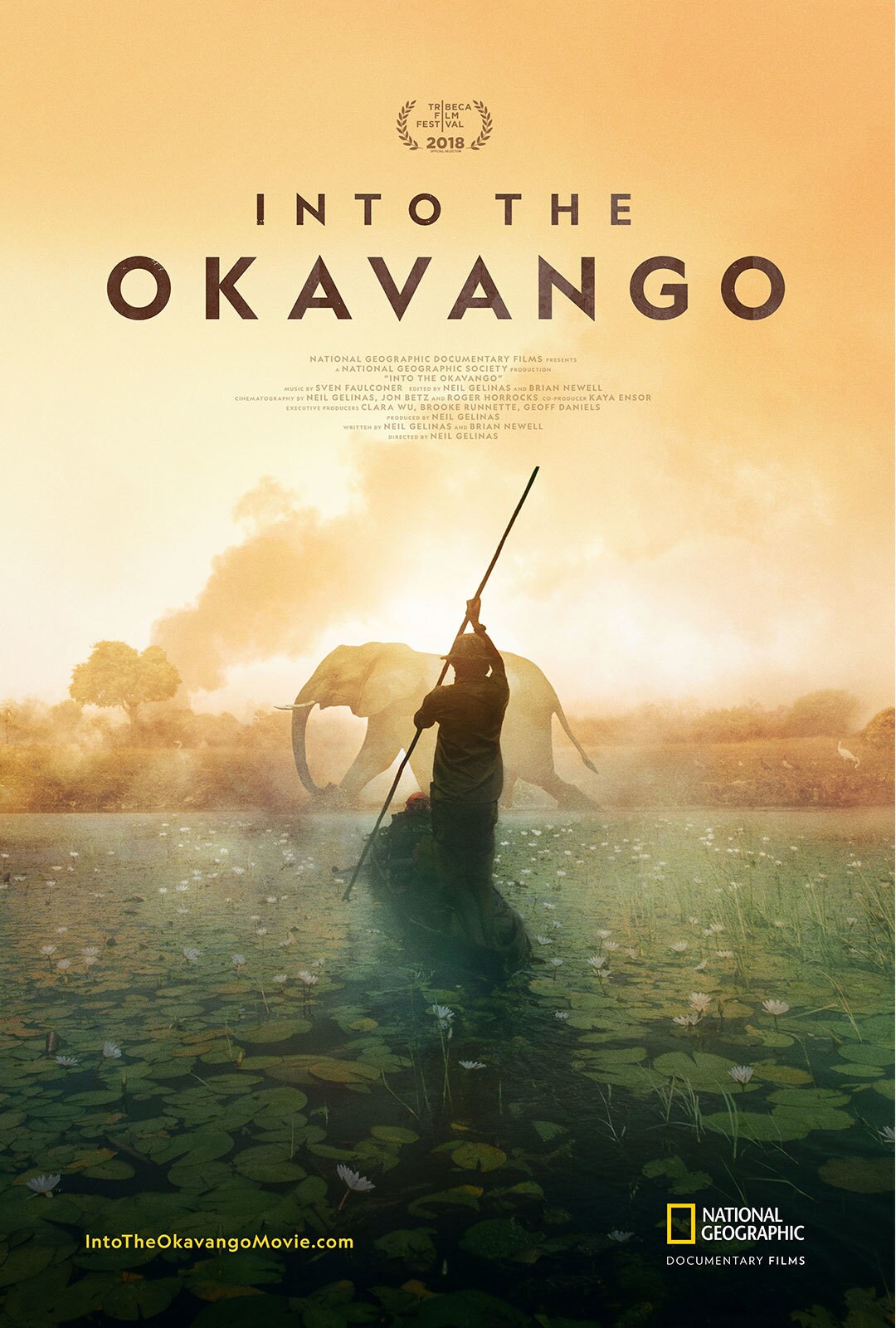



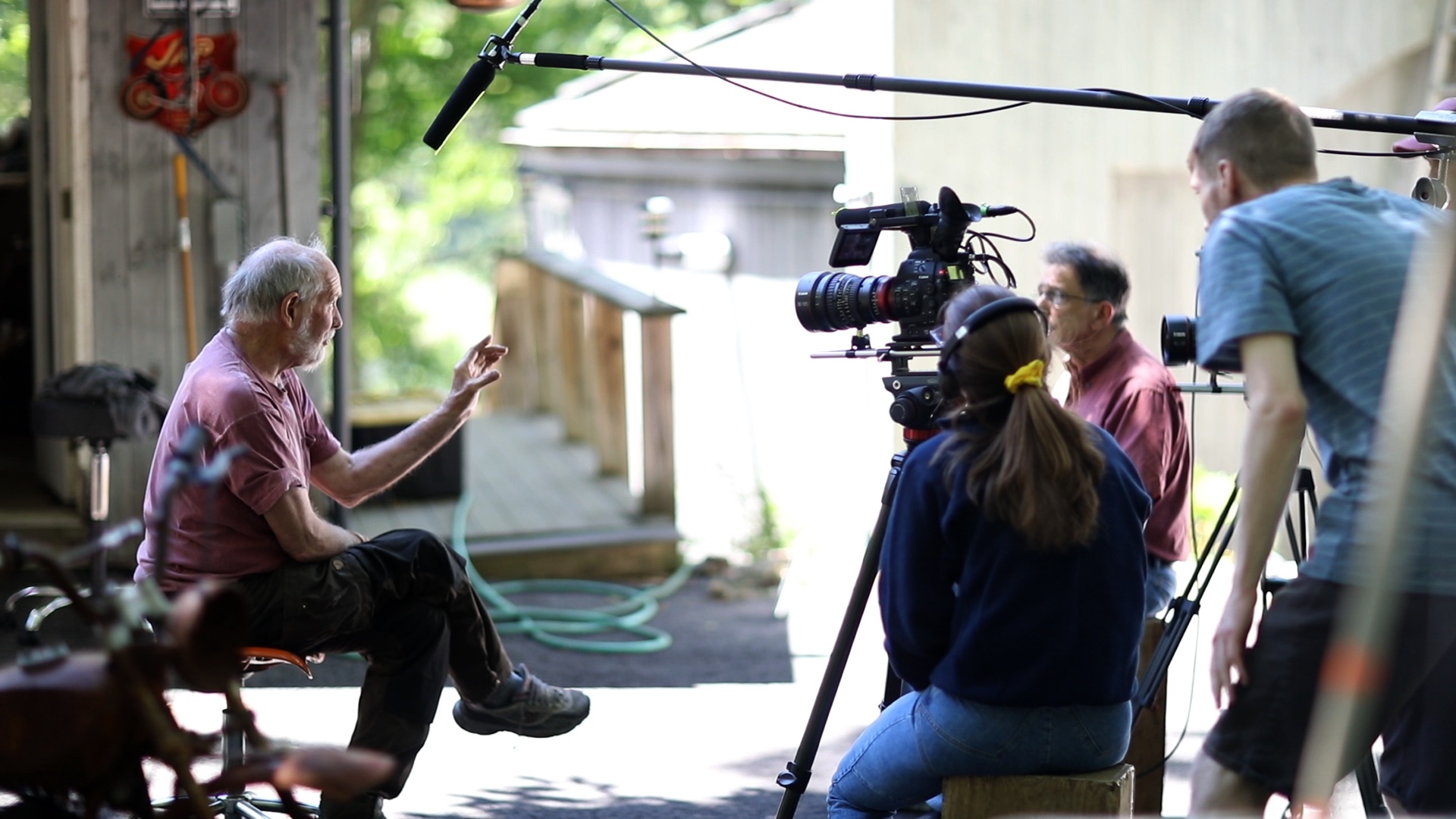







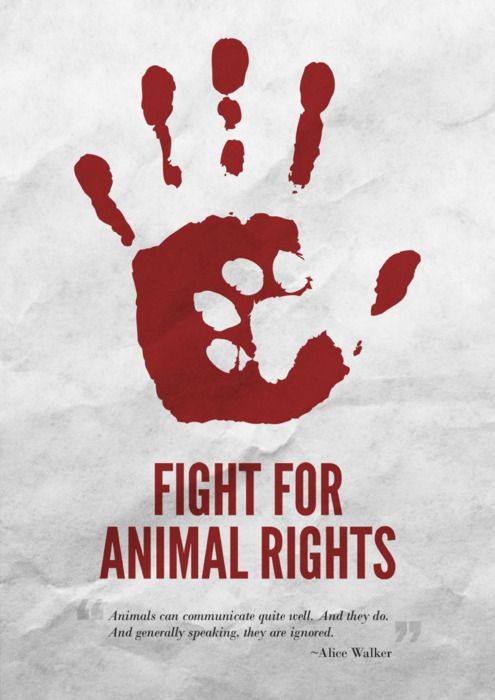


/animal-rights-protestors-march-through-london-619308466-5897812a5f9b5874ee39a46b.jpg)

